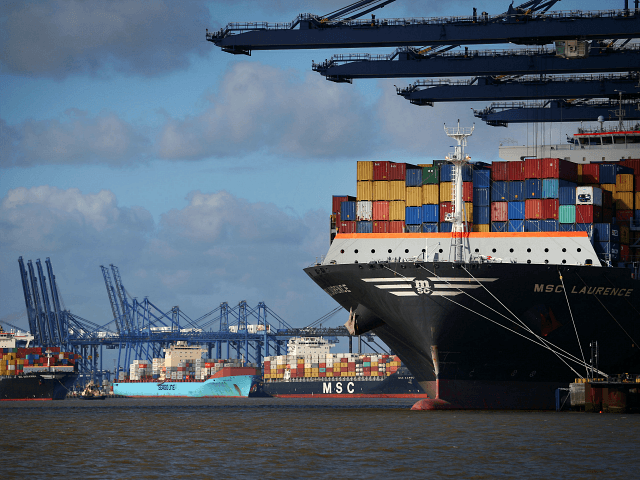Boris Johnson’s government has unveiled plans for ten “free ports” around the country to boost jobs, trade, and innovation in Britain’s “left behind” coastal communities after Brexit.
Proposals to establish a series of free ports after Brexit first gained prominence when it was advanced by Rishi Sunak MP in the Centre for Policy Studies paper ‘The Free Ports Opportunity’ shortly after the EU referendum in 2016.
Mr Sunak has now been elevated to the position of Chief Secretary to the Treasury within the administration of the new Brexit-supporting prime minister, Boris Johnson, who has taken up the free ports agenda — with Secretary of State for International Trade Liz Truss carrying the banner for the policy at this stage.
“Freeports [will] ensure Britain’s port cities and airports are ready to take full advantage of post-Brexit opportunities, including increased trade with the USA and fast-growing Asian markets as we sign our first free trade deals with global partners,” explained the Trade Department press release announcing the policy.
“There are already thousands of very successful free trading zones around the world, with the United States having pioneered the creation of over 250 free trade zones, employing 420,000 people, many in high-skilled manufacturing jobs,” the release notes.
“One such port is in Miami, which sees over 7 million tons of cargo pass through its port every year. Businesses within the zone can import, warehouse and re-export products duty-free. This cuts down costs for businesses, helping them become more globally competitive,” it explains.
“Businesses can also defer paying tax on their products while they are stored on site, adding peace of mind for businesses looking to manage cash flow and respond more quickly to spikes in demand for their products.”
Anti-Brexiteers and mainstream media commentators have pointed out that, technically, free ports and free enterprise zones are not prohibited by the European Union.
Supporters of free ports argue that such zones are so heavily circumscribed by EU regulations concerning competition and so on that they would not be meaningful, however — with the Government citing United Nations research which concluded that “Free Trade Zones as originally conceived do not exist anymore in the EU” in its press release.
The exact location of Britain’s new free ports has yet to be determined, with ports and airports around the country being invited to pitch applications — although Prime Minister Johnson has indicated that he is keen for the plan to benefit “left-behind areas”.

COMMENTS
Please let us know if you're having issues with commenting.